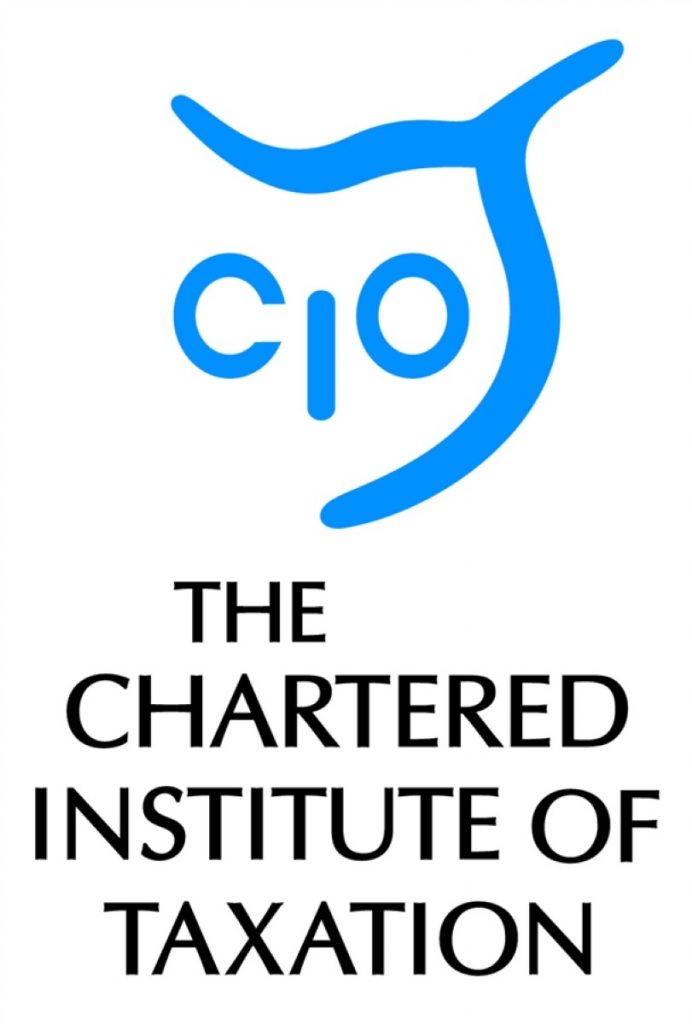CIOT: Pensions tax relief proposals get qualified welcome
The Government’s proposed pensions tax relief changes are an improvement on the previous government’s rules but there are still issues that need to be resolved to make them workable, say the Chartered Institute of Taxation (CIOT).
The CIOT sets out its views in its response to a government discussion paper, ‘Restriction of pensions tax relief: a discussion document on the alternative approach’. The paper sets out an alternative approach to the rules introduced by the previous government in the first Budget and Finance Act of 2010. Those rules will come into effect in April 2011 unless repealed and have been heavily criticised by the CIOT and many others for their complexity.
Colin Ben-Nathan, Chair of the CIOT’s Employment Taxes Sub-Committee, said:
“We have always argued that the original proposals to restrict tax relief would cause disproportionate complexity and significant administrative burdens on individuals, businesses, pensions administrators and HM Revenue & Customs (HMRC).
“Our view was, and remains, that lowering the annual allowance can achieve the Government’s policy goals whilst also maintaining certainty and fairness.
“We therefore welcome this discussion on an alternative approach. Although a reduced annual allowance impacts on more individuals than would restricting the tax relief for individuals with incomes of £150,000 and over, we think the simplicity of a reduced annual allowance has the potential to be fairer, simpler to understand, and minimises the additional compliance burdens placed on employers and pension scheme administrators.”
The CIOT has highlighted a number of issues which still need to be addressed –
. The need for a fair and practical method of valuing accruals from Defined Benefit (DB) pension schemes
. The position of hybrid schemes (part-Defined Benefit, part-Defined Contribution) which is not addressed in the discussion paper
. Some specific issues relating to overseas schemes – these should be the subject of a separate review
CIOT Tax Policy Director John Whiting added:
“We all understand that pensions tax relief is to be curtailed for high earners, but there must be a better way than the complicated system pushed through before the election. The Government’s route of a simple and pragmatic cut in the annual contribution limit is in line with our own proposals. Some problems remain but these are soluble.”
Notes to Editors
1.The Chartered Institute of Taxation (CIOT) is a charity and the leading professional body in the United Kingdom concerned solely with taxation. The CIOT’s primary purpose is to promote education and study of the administration and practice of taxation. One of the key aims is to achieve a better, more efficient, tax system for all affected by it – taxpayers, advisers and the authorities.
The CIOT’s comments and recommendations on tax issues are made solely in order to achieve its primary purpose: it is politically neutral in its work. The CIOT will seek to draw on its members’ experience in private practice, government, commerce and industry and academia to argue and explain how public policy objectives (to the extent that these are clearly stated or can be discerned) can most effectively be achieved.
The CIOT’s 15,000 members have the practising title of ‘Chartered Tax Adviser’ and the designatory letters ‘CTA’.
– ENDS –
George Crozier
External Relations Manager
D: +44 (0)20 7340 0569
M: +44 (0)7740 477374
The Chartered Institute of Taxation
Registered charity number 1037771
www.tax.org.uk





-01.png)